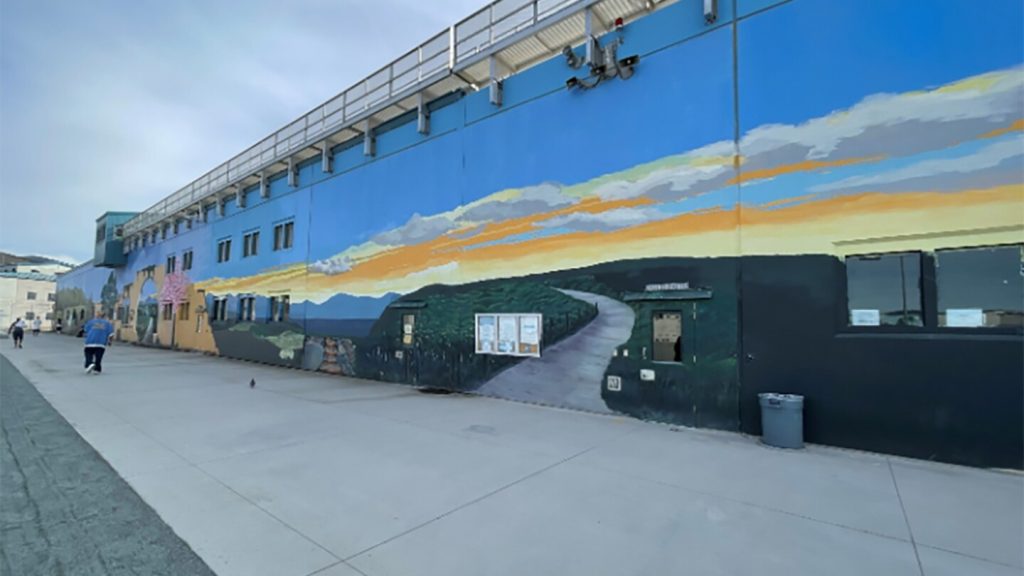Erik and Lyle Menendez, infamous for killing their parents nearly 30 years ago, have embarked on a beautification project in the California prison where they are serving life sentences. Drawing inspiration from Norway’s approach to incarceration, which focuses on rehabilitation in humane prisons surrounded by nature, the brothers are hoping to create a more normal and welcoming environment within the prison system. Norway, known for its small prisons located across the country, has one of the lowest rates of recidivism in the world, with only 16% of released individuals being reconvicted within two years.
The Norwegian incarceration system is based on the principles of treating prisoners decently, providing meaningful activities during the day, and ensuring that they retain their basic rights, such as access to education, healthcare, and voting. Open prisons, like the one on the island of Bastoey, offer farm work and contact with nature, even for high-profile inmates like Anders Behring Breivik, who carried out a mass shooting in 2011. The idea of creating humane conditions in prisons is gaining traction in the United States, with some states like Pennsylvania implementing elements of the Nordic approach.
The Menendez brothers’ case has recently attracted public attention as the Los Angeles County district attorney recommended that their life-without-parole sentences be reconsidered. Prosecutors argue that the brothers, who claim to have suffered abuse at the hands of their father, have served enough time and are committed to rehabilitation and redemption. The final decision on their potential release will rest with a judge and the California governor. Both brothers have spent the past six years together in a San Diego prison, where they initiated a beautification project to transform the prison yard into a park-like campus setting surrounded by a landscape mural.
The brothers’ ongoing project, Green Space, aims to normalize the prison environment and enhance the well-being of inmates. By creating outdoor classrooms, meeting spaces, and areas for service dog training, they hope to promote rehabilitation, education, and reentry, ultimately building safer communities. Lyle Menendez, currently enrolled in a master’s program studying urban planning and recidivism, was inspired by the Norwegian model and believes that creating a welcoming environment will facilitate the reintegration of parolees into society. Research has shown that introducing green spaces in prisons can improve the mental health of prisoners and reduce violence and staff sickness.
Dominique Moran, a professor at the University of Birmingham, has found that implementing green spaces in prisons not only benefits inmates but also correctional staff. In the Scandinavian approach, the deprivation of liberty is seen as the punishment itself, and the environment in which individuals are held should not contribute to further punishment. As the Menendez brothers continue their efforts to transform the prison system, the hope is that their project will not only create a better environment for inmates but also contribute to the broader goal of rehabilitation and reintegration.


